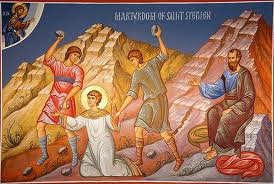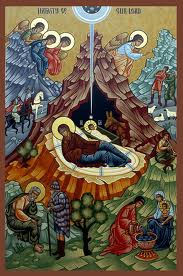
Those who trust in the Lord are like Mount Zion: which cannot be shaken but stands forever. As the hills enfold Jerusalem: so you enfold your people O Lord, now and forever. (Psalm 125:1-2 A New Zealand Prayer Book. p. 352).
All of us have those moment in our lives when we might question the symbolism written in this Psalm. How can we be like Mount Zion which can never be shaken? How many of us have prayed for the restoration of health for ourselves or someone we love believing in the power of God to answer our prayers, yet we do not get what we asked?
The writer of this Psalm knew exactly what it is like to struggle with trusting in God with what feels like life around him crumbling to pieces. The Psalmist knew that trusting in God was the only hope he had.
Praying these Psalms with such picturesque language gives us a sense that God knows what we go through and is not very far from where we are. The Holy Spirit uses them to open our hearts to contemplate the wondrous mystery of God’s abiding presence. God gives us the grace to listen for how much faith God has in us and wants us to have unwavering trust in God. Our greatest strength is to let go, and allow God to love us and heal us.
The Psalmist gives us another hopeful analogy. Just as the hills around Jerusalem enfold the city, so God enfolds us at this moment and for ever. We are never left alone and without love. God is always with us and embraces us in the Incarnate Word and gives us the most affectionate experience of God’s love.
Are we ready to trust in God and receive the love God wants us to experience?
Amen.
Br. Anselm Philip King-Lowe, n/OSB



